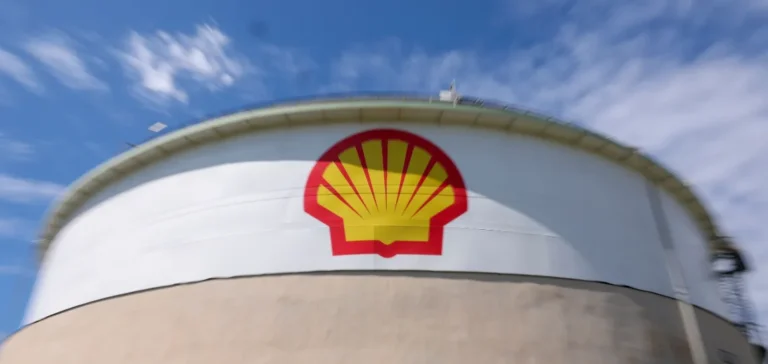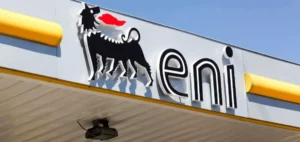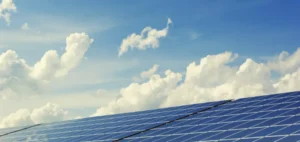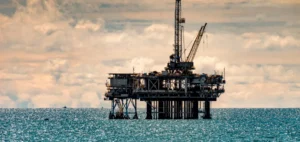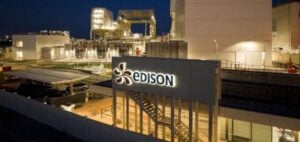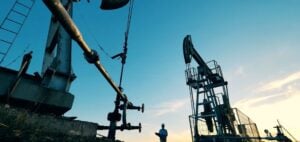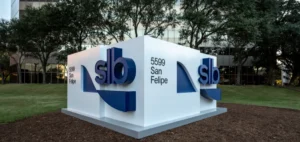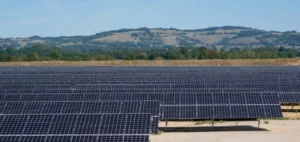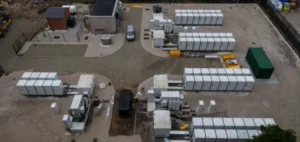Shell plc has released an updated outlook of its financial forecasts for the second quarter of 2025, indicating an expected decline in performance across key sectors of its business, particularly in Integrated Gas and Upstream, as well as mixed performance in its Chemicals and Products division.
Expected decline in the Integrated Gas segment
For its Integrated Gas activity, Shell expects average daily production ranging between 900 and 940 thousand barrels of oil equivalent per day (kboe/d), slightly down compared to the 927 kboe/d recorded in the first quarter of 2025. The company also forecasts liquefied natural gas (LNG) liquefaction volumes between 6.4 and 6.8 million tonnes, compared to the 6.6 million tonnes produced in the previous quarter.
The commercial results linked to trading and optimisation activity in the Integrated Gas segment are expected to experience a significant reduction compared to the previous quarter. Tax charges in this segment are also expected to fall within a range of $0.3 to $0.6 billion in the second quarter, down from $0.8 billion in the preceding quarter.
Upstream segment impacted by strategic operations
Regarding its Upstream business, Shell expects a noticeable decrease in daily production, estimated to be between 1,660 and 1,760 kboe/d for the second quarter of 2025, down from the 1,855 kboe/d produced previously. This reduction reflects scheduled maintenance operations and the recent finalised divestment of Shell Petroleum Development Company (SPDC), based in Nigeria.
This segment forecasts underlying operating expenses (Underlying opex) between $1.9 and $2.5 billion, compared to $2.2 billion in the previous quarter. Additionally, Shell estimates the tax charge for this division to decrease to a range between $1.6 and $2.4 billion, compared to $2.6 billion in the first quarter.
Mixed results in Chemicals and Products segment
The Chemicals and Products segment is expected to report performance below break-even for the second quarter of 2025, despite an anticipated increase in indicative refining margins ($8.9/barrel compared to $6.2/barrel previously) and chemicals margins ($166/tonne compared to $126/tonne in the first quarter). The decline in results is primarily explained by a lower utilisation rate of chemical facilities, estimated between 68% and 72%, compared to 81% in the previous quarter, due to unexpected maintenance operations at the Monaca site in the United States.
Conversely, the company anticipates better performance in refining with a capacity utilisation rate between 92% and 96%, a notable increase from the 85% recorded in the previous quarter.
Contrasting performance in Marketing activities and Renewables division
In its Marketing activity, Shell forecasts improved adjusted results for the second quarter of 2025, with sales volumes between 2,600 and 3,000 thousand barrels per day (kb/d), compared to 2,674 kb/d in the first quarter. The Renewables and Energy Solutions division anticipates adjusted earnings ranging between a potential loss of $0.4 billion and a maximum profit of $0.2 billion, mainly due to decreased trading and optimisation performance.
Lastly, Shell indicates that movements linked to financial derivatives could significantly impact overall results in the second quarter, with an estimated effect ranging between a loss of $1 billion and a gain of $3 billion.


